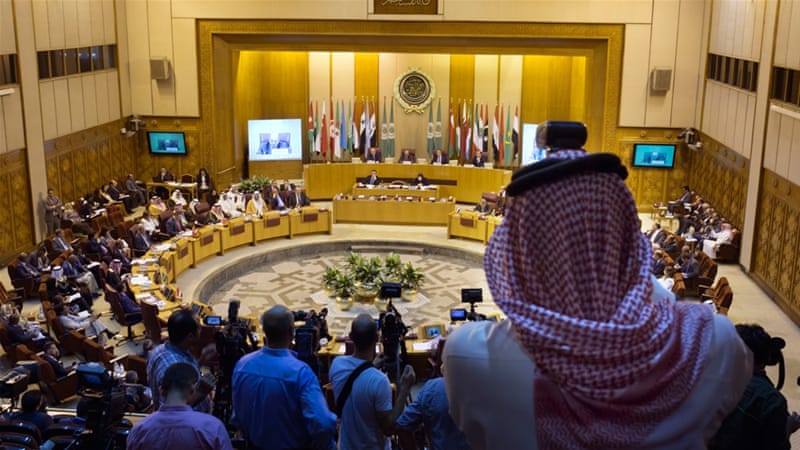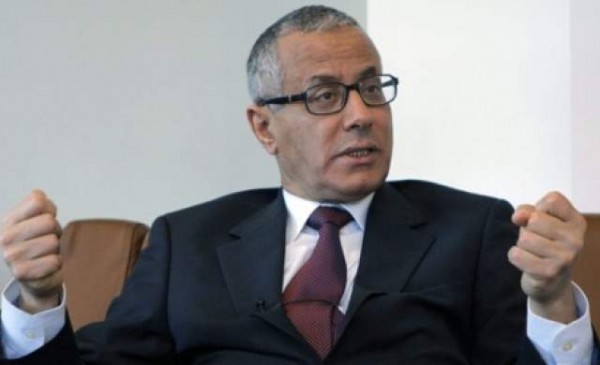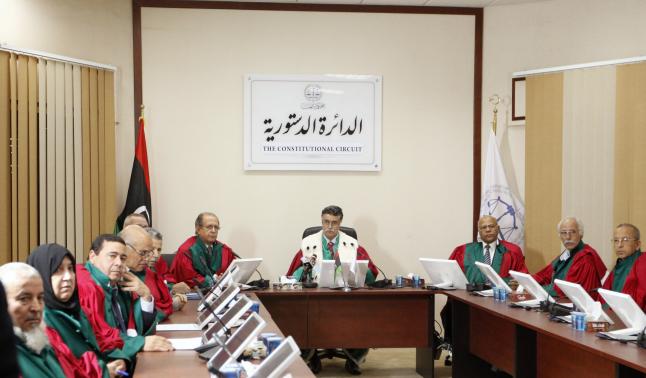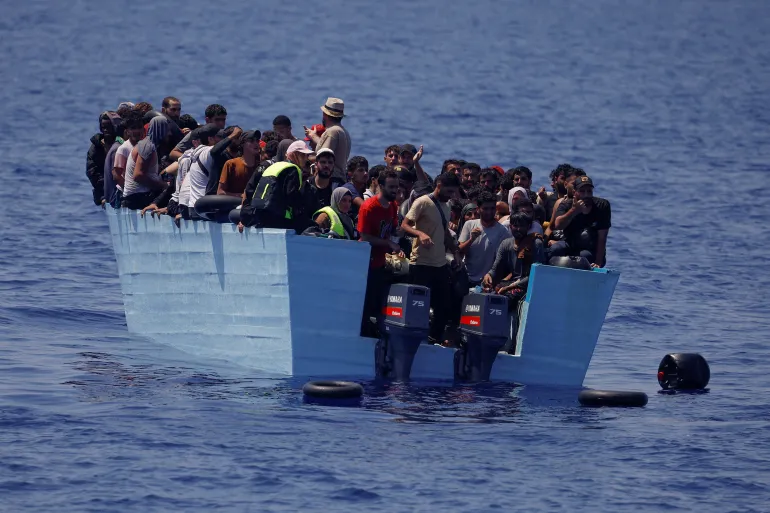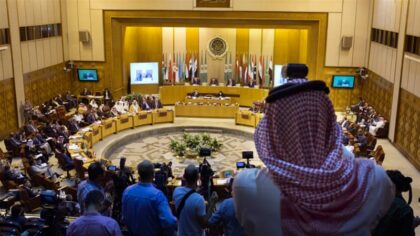 Libya’s UN-backed Government of National Accord (GNA) has taken aim at the Arab League, accusing the Pan-Arab organization of double standards on the crisis opposing it to its rival in the East.
Libya’s UN-backed Government of National Accord (GNA) has taken aim at the Arab League, accusing the Pan-Arab organization of double standards on the crisis opposing it to its rival in the East.
The accusation came from the GNA’s permanent representative Saleh Shammakhi during Tuesday Arab League meeting in Cairo at the request of Egypt on the November maritime and security agreement between Ankara and the Tripoli-based GNA.
Shammakhi urged the Arab League to review its position on the ongoing aggression against Tripoli by forces led by retired General Khalifa Haftar aligned with the eastern rival administration.
The Libyan official indicated that the Arab League had refused to convene at the call of the GNA when Haftar launched in April the military offensive, backed by UAE, Egypt and Russian mercenaries.
Shammakhi also blasted the organization for what he called the “worst exploitation” by the Arab League of a maritime agreement between Libya and Turkey. He also threw in doubt Libya’s membership in the organization.
At the Tuesday meeting, members of the organization indirectly charged the GNA and warned the Libyan sides of “the gravity of taking any unilateral steps … in a manner that allows foreign military interventions and contributes to the escalation and prolongation of the conflict” in reference to the security accord allowing Turkey to deploy military forces to prop up the GNA in the conflict opposing it to Haftar forces.
Egypt and other countries supporting Khalifa Haftar have however failed to get the Arab League to issue a statement condemning clearly the GNA-Turkey maritime deal or calling for withdrawing legitimacy from the Libyan Presidential Council’s government.
The Arab League insisted that a political solution is the only way Libya can regain its stability and security, rejecting foreign intervention and urging all parties to persevere the country’s sovereignty.
“The political process should be based on the Skhirat agreement as it is the only foundation for political settlement in Libya. The neighboring countries’ efforts to solve the Libyan crisis are important amid concerns of the military escalation in Libya as it threatens the stability of the region, including the Mediterranean region.” The Arab League said.
“Foreign intervention that allows foreign extremist fighters to enter Libya must be prevented and all attempts of violating the arms embargo must also come to an end as they threaten the security of the neighboring countries and the region.” It explained.
